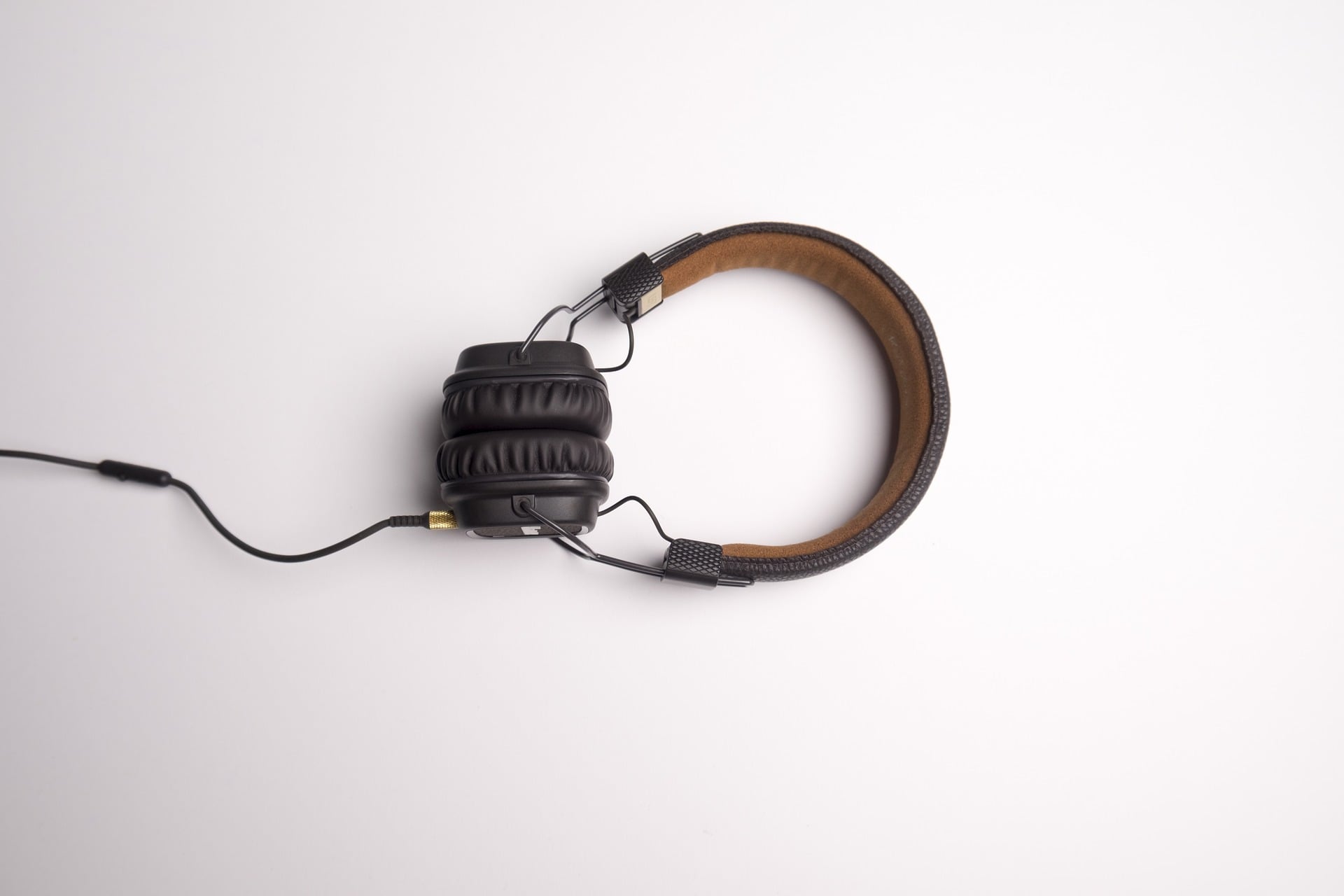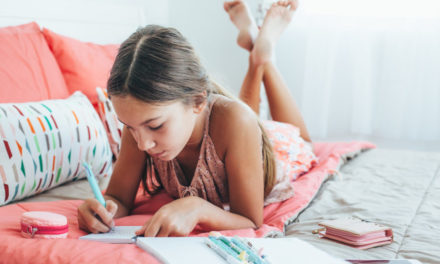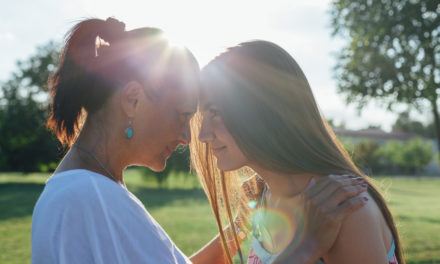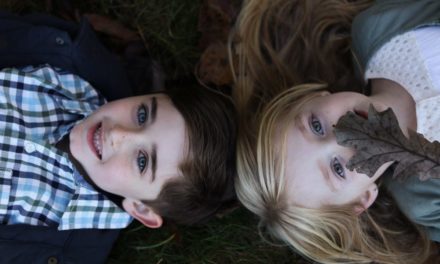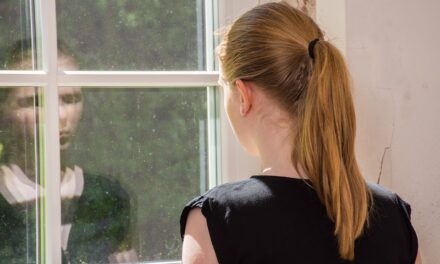Watching 13 Reasons Why I completely understood why our teens are finding it so compelling. It’s not just because it is highly controversial and adults are telling them it’s bad for them. And it’s not because of the widely condemned rape and suicide scenes, although all that taboo adds to the intrigue.
They like it because it’s good. The protagonists, Hannah and Clay, are likeable. They’re witty and a bit quirky and flawed. They are relatable enough for the average kid to think, ‘Yeah, I could be friends with them”. The narrative is revealed and packaged in a clever way and the plot isn’t predictable.
The writers have given the audience something different from the run of the mill teen drama. It doesn’t patronise them. The series speaks to the difficulties of being a teen today. Even if the most serious of the protagonists’ problems aren’t shared by all, they are not completely out of the realms of possibility.
Yes…There is a lack of responsibility shown by the producers around the issue of contagion in teenage suicide. The risk of a teenager suiciding goes up considerably when they know of someone else who has suicided. That is why we have seen clusters of suicides in schools in the past. It is also why Australia’s media does not state suicide as the cause of death when reporting news.
The rape scenes are so graphic as to be very uncomfortable to watch. I have no doubt that vulnerable people of any age would be triggered by this program. I have spoken to two school psychologists who have seen a rise in triggered behaviours as a direct result of 13 Reasons Why.
As far as young teens and tweens go, I can see no reason why you would allow them to watch this program. There are other options available. Early adolescents are simply not emotionally mature enough to process the content of this program in a healthy and rational way.
All that said, many, many of our kids have watched this program and many more will in the near future. It has just been announced that there will be a Season 2 of the series. I hope it doesn’t seek to continue its popularity by focusing on the graphic and dangerous aspects of the original. It remains to be seen whether the creators will take note of the overwhelming criticisms expressed by psychologists and people invested in adolescent wellbeing.
In the meantime, rather than just yelling, ‘Ban ban ban’ or surrounding it with negative frightening messages, let’s try and find the positive conversations we can have in relation to this amazingly popular text. We need to ask what we can offer to the conversations around this program and even more importantly, what can we learn from our kids…by shutting up and listening. What does this story bring up for them?
Santa Maria College psychologist, Jane Carmignani, and I have had the conversation about what kids can learn from 13 Reasons Why. We hope that you will have the same conversations with your kids. Here are some ideas we feel warrant discussion.
10 things kids need to hear in relation to 13 Reasons Why
- You are important. You have a right to be yourself. Revel in your differences. Don’t let anyone else make you feel small or act small. This is easier said than done, but it is critical. We need to tell kids this over and over and over.
- Suicide is permanent. Problems are not. To be fair, Hannah’s problems were huge and she was experiencing severe trauma. It is understandable that she felt she had to escape. But she was wrong. Kids need to understand that time heals and there are people who can help. People do heal.
- Your body belongs to you. It is nobody else’s property and they don’t have a right to shame you, ‘rate’ you or touch you. Make sure your boundaries are clear and your voice is heard. Consent is ALWAYS yours to give or withhold.
- No one is “better off” without you. End of story. Your family and friends may get annoyed with you and you may even have serious arguments. But nobody will ever be better off without you. Suicide is a choice. There are other choices. Those other choices may not be immediately apparent to a teenager, but that’s why we always advocate having lots of loving adults in a child’s life. They can offer other choices.
- Even though we may have all thought at some stage, ‘They’d be sorry if I was dead’, revenge is not a worthy reason for suicide. It makes for good TV drama, but it’s a lousy life choice. Yes, they would be sorry if you killed yourself, but then what?
- Cut people some slack. No friend will ever be perfect. Teachers will say dumb things that hurt your feelings some times. Your parents may make mistakes along the way, even though they once seemed perfect to you. They are only human. If you give people chances to get things right with you, they will let you make mistakes too. We are all works of art…in progress.
- Don’t be afraid to love others. Don’t be afraid to tell people you care about them. One of the saddest parts of the program is that Hannah loves Clay and he loves her back, but they never tell one another. There is dream sequence where they each imagine that they are a couple. That could have been. If only they’d both given each other another chance.
- People can’t help you if you don’t tell them what’s wrong. It was awful watching the grief of Hannah’s parents. They had no idea Hannah was suffering. In contrast, at the end of the series, Jess tells her dad that she has been raped. We get the sense that Jess will be alright because she has sought help. Other people are not mind readers. This is one of the mistakes Hannah makes. She tests people’s love by waiting for them to ask the right question instead of telling them what is wrong. That’s not fair.
- We are all battling things. Be kind. One of the students Jane Carmignani spoke to about 13 Reasons said, “It didn’t even look like Hannah had depression.” You can look absolutely fine on the outside but be battling all sorts of things on the inside. We all have our private problems and battles. Always be kind.
- Your friends are great. They are brilliant companions in all that you are going through, but they don’t have the experience and insights you need for really tough situations. Trustworthy adults do. Share your problems with adults, even if it means you’ll get in trouble. Punishment passes, but the consequences of poorly handled situations might not. Ask your child to name five adults they would feel comfortable talking to in an emergency. They don’t have to be mum and dad.
*Tip…Watch the director’s extra, ‘13 Reasons Why: Beyond the Reasons’, with your child before watching the series. It is found under ‘Trailers and More’. It explains why the issues addressed were shown in the way they were. It doesn’t justify the poor decisions made by the creators, but it does contextualise them.

